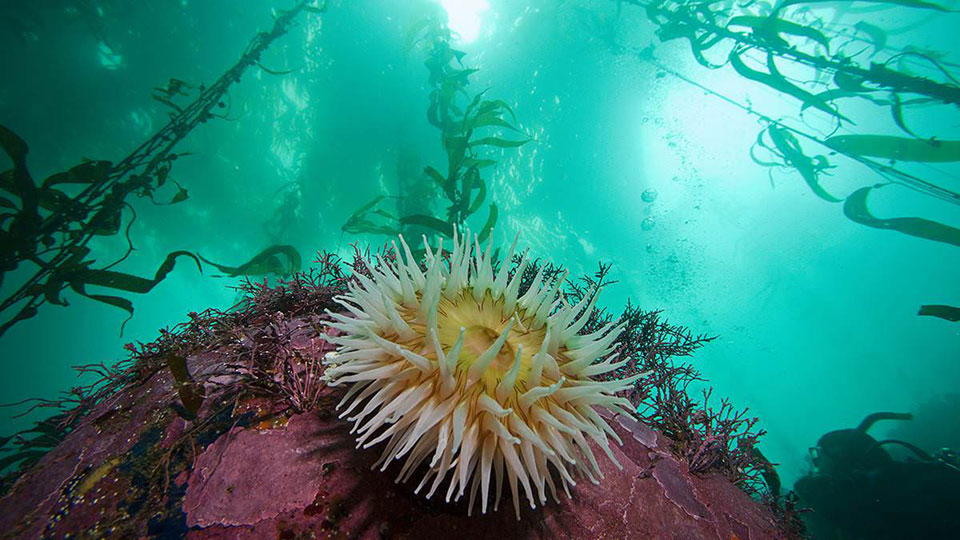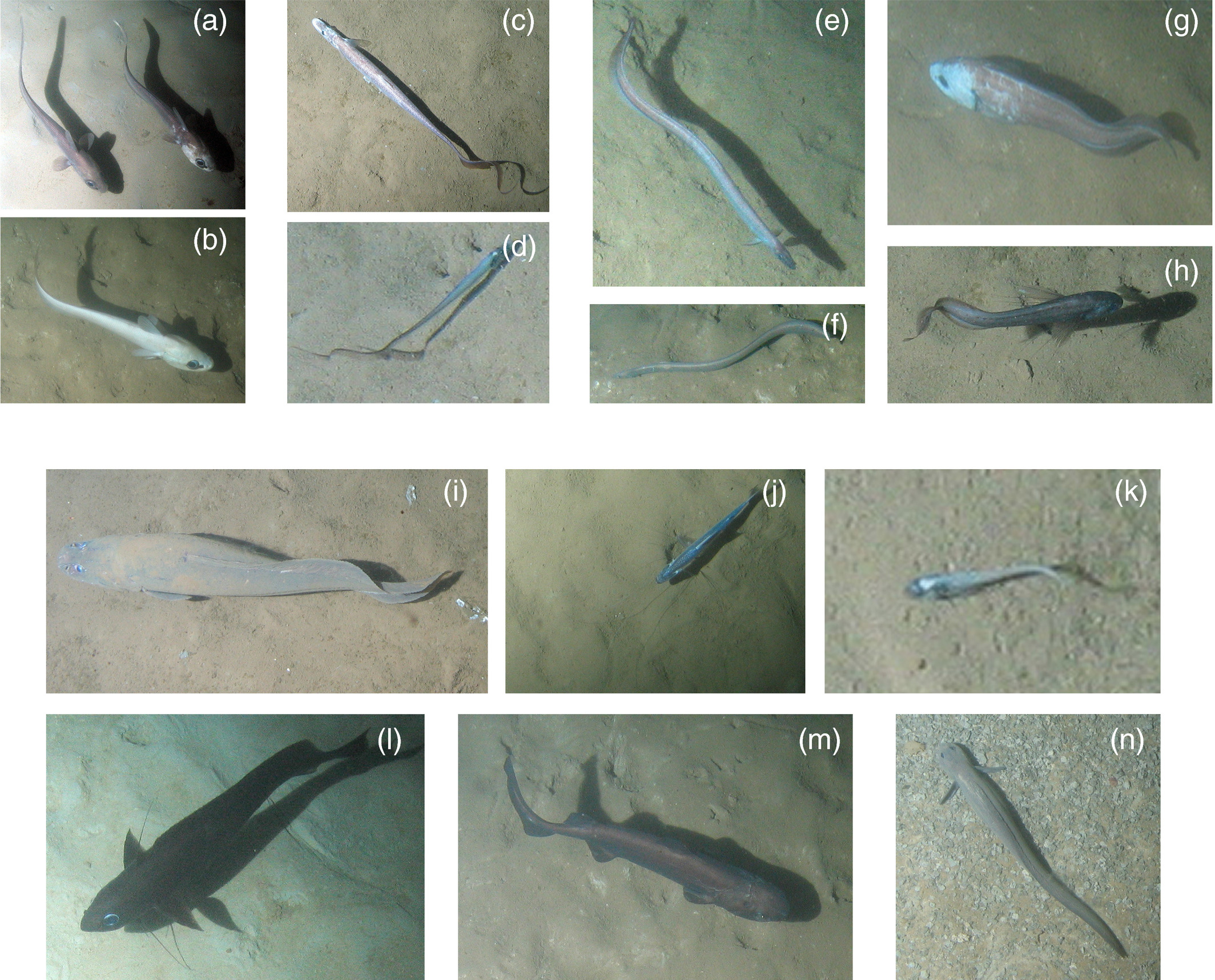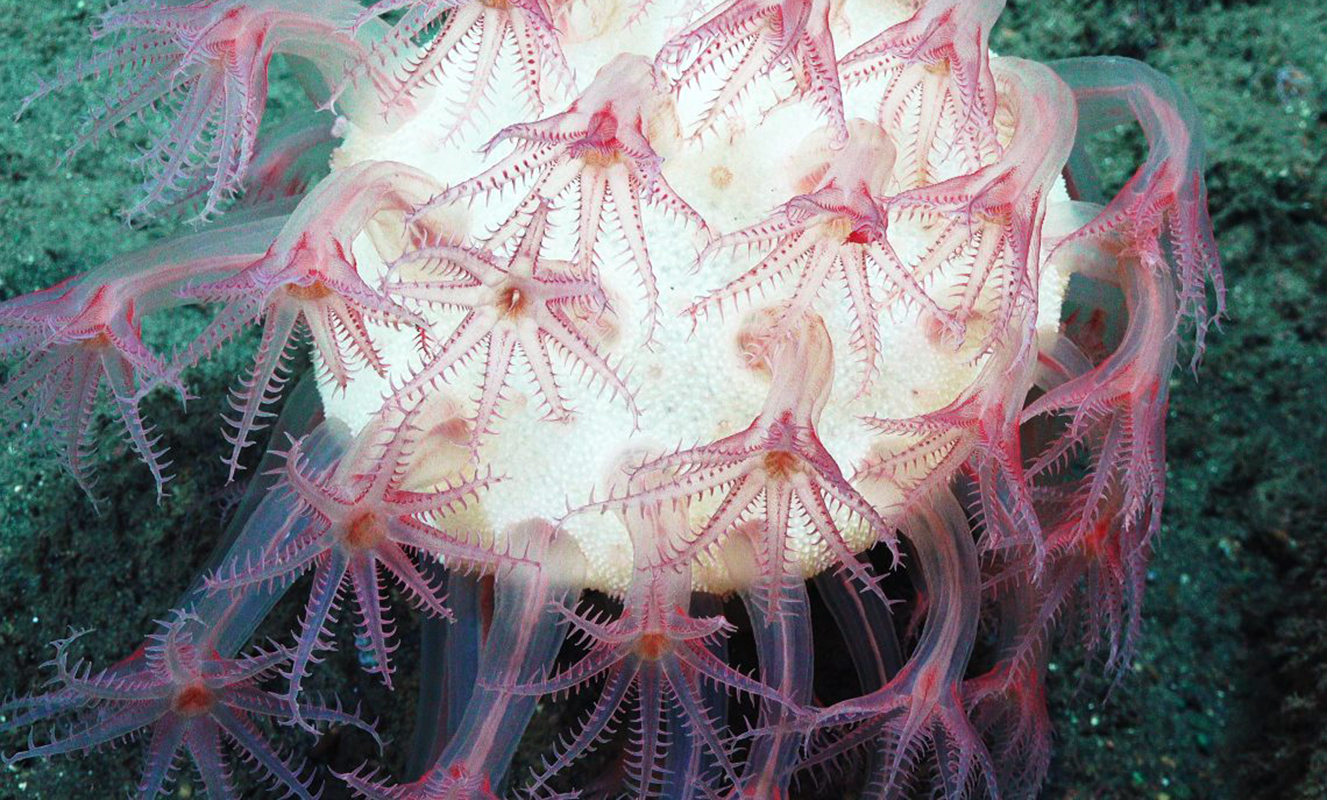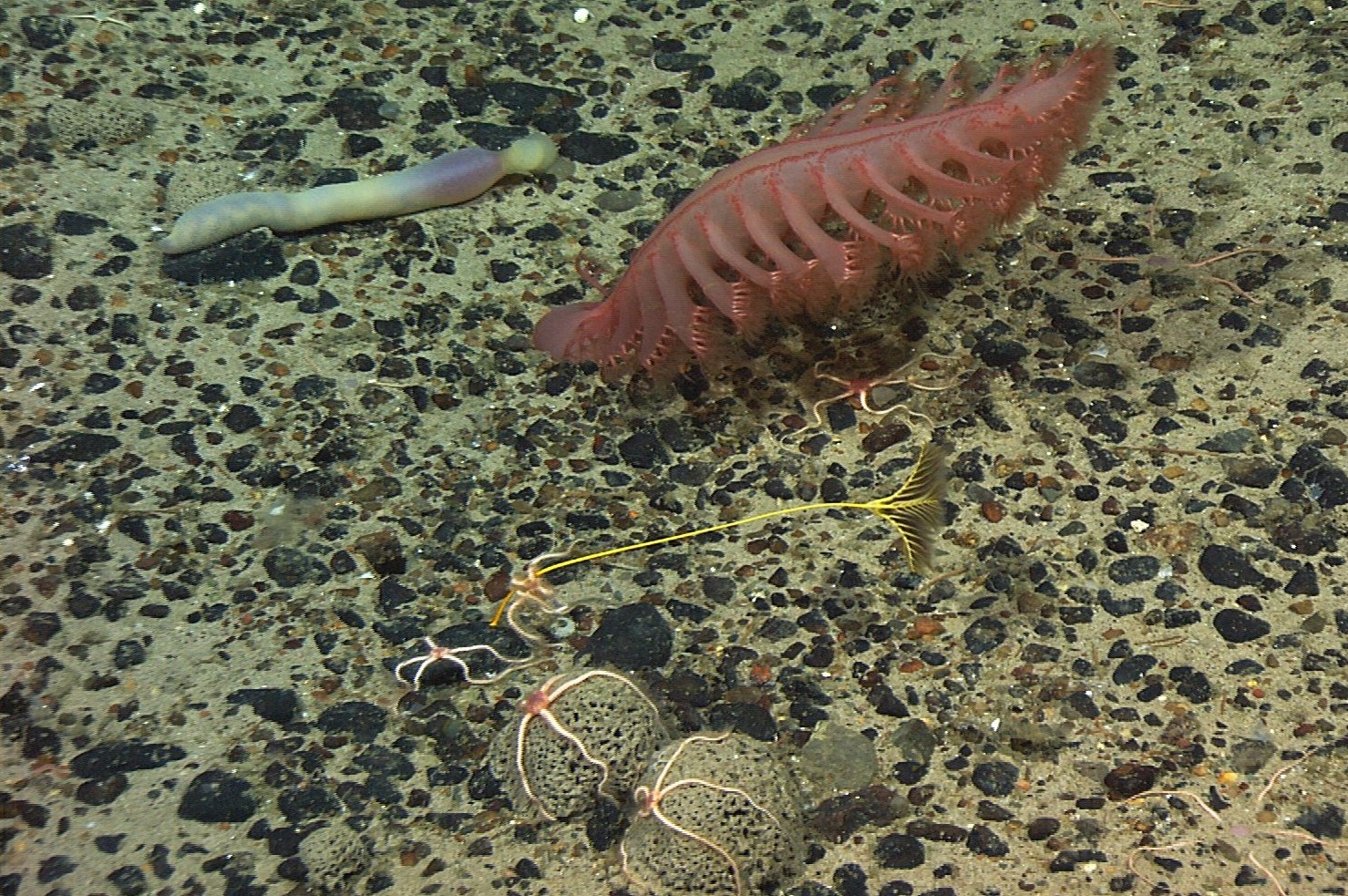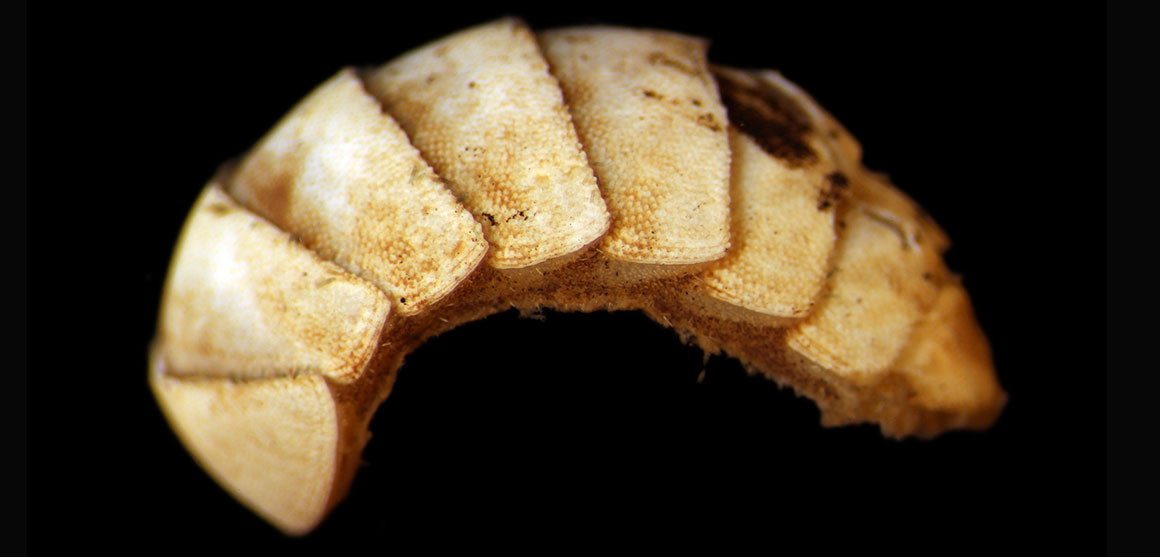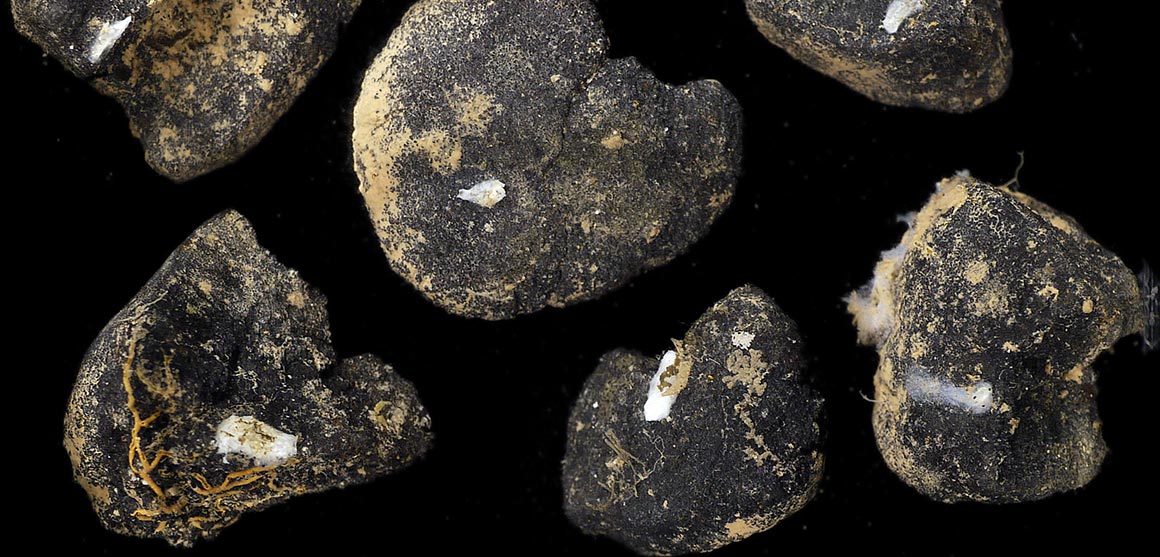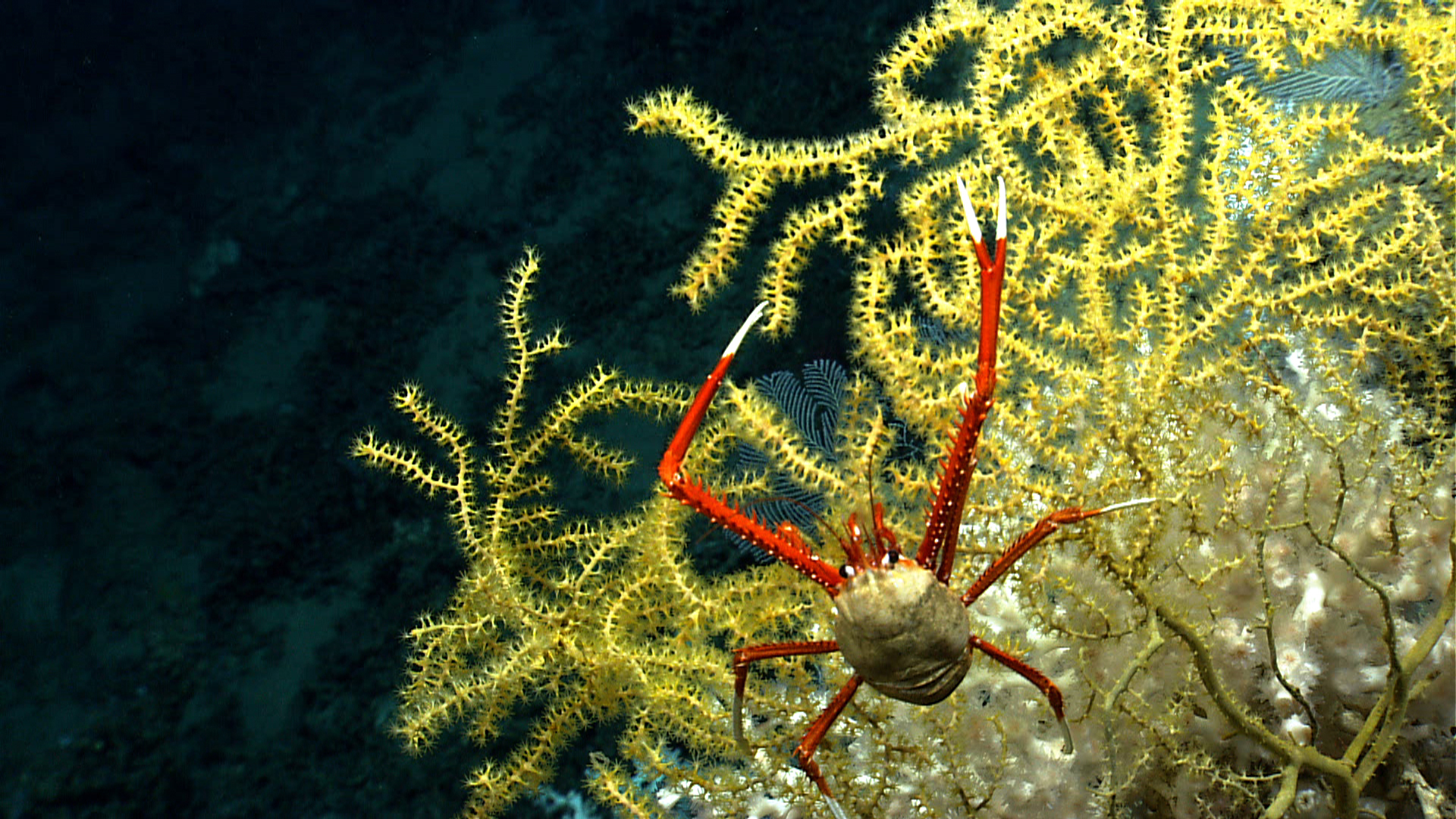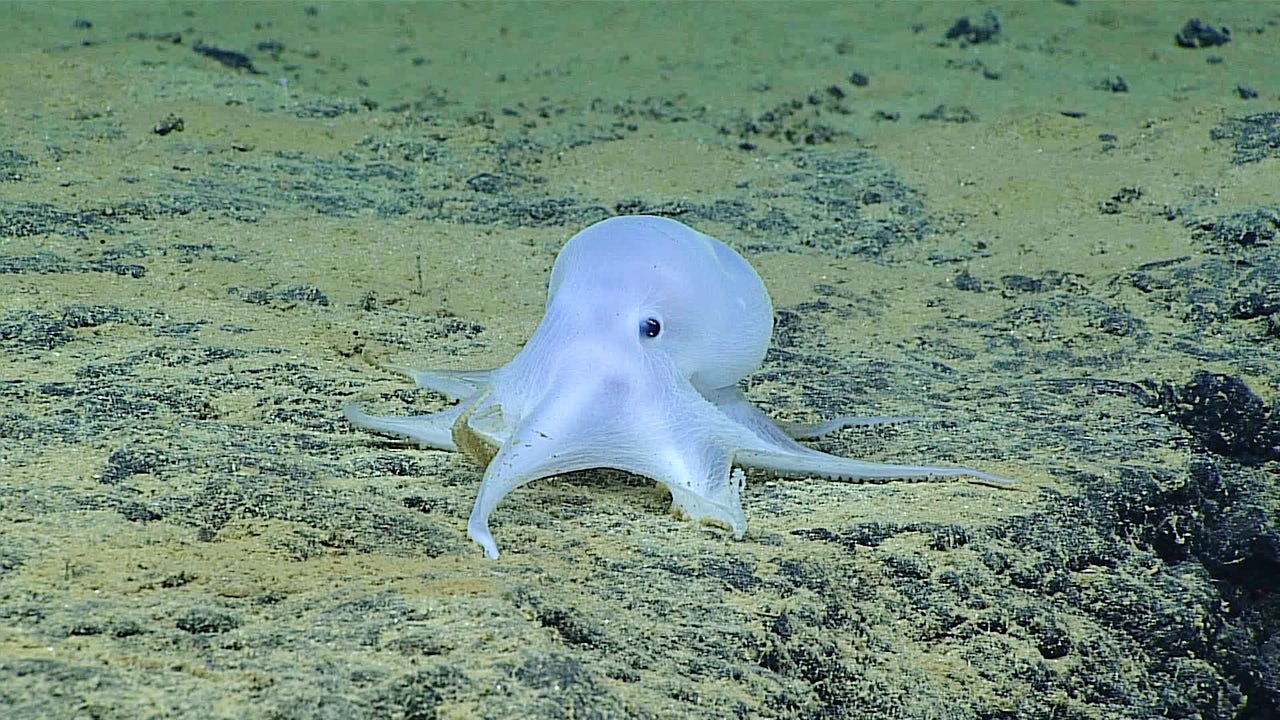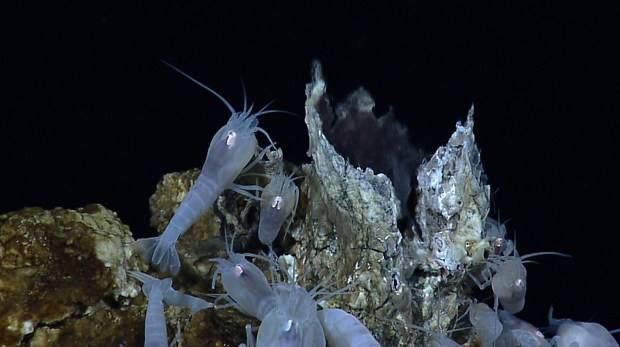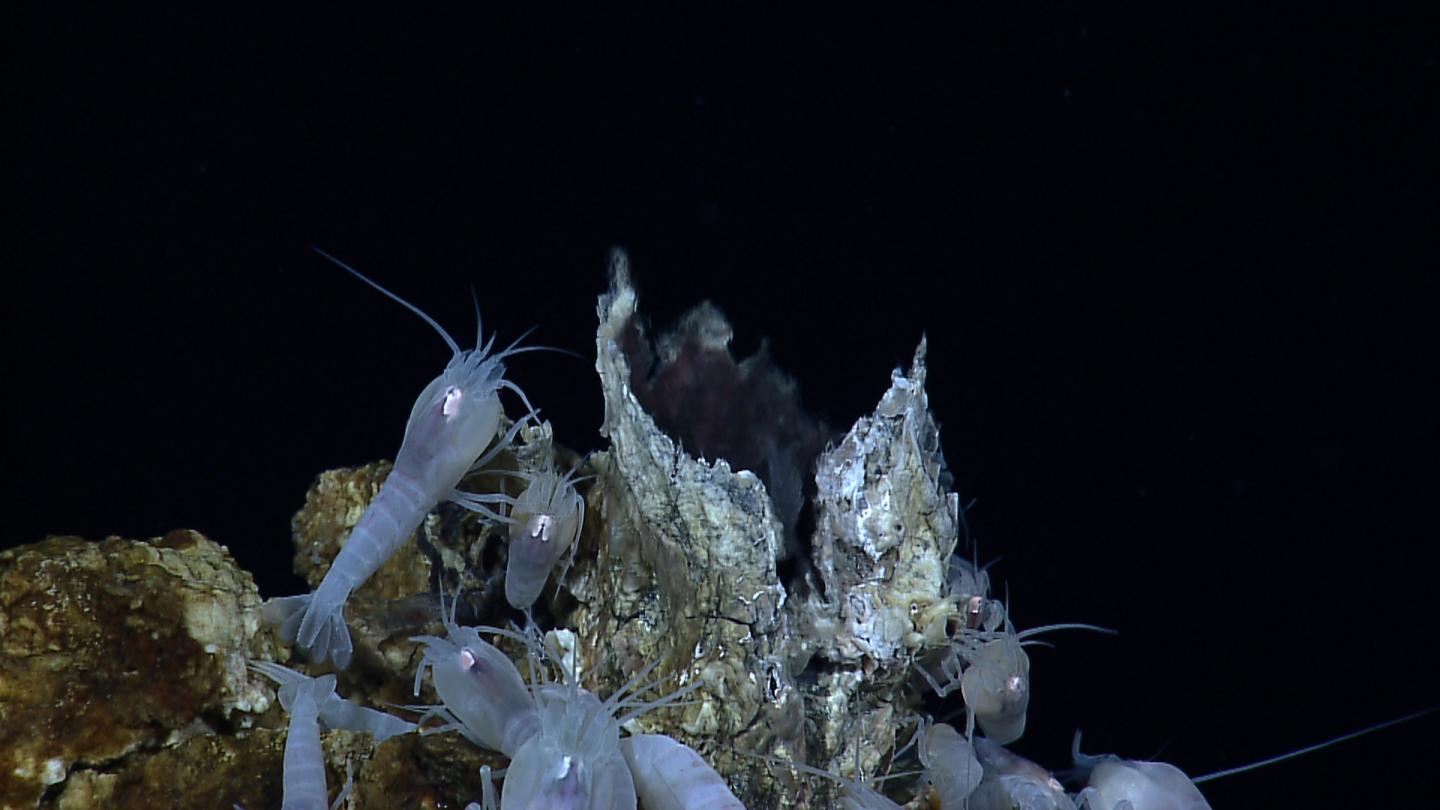Rebecca Helm, Nichola Clark, and Diva Amon for the Deep-sea Mining Observer The High Seas cover nearly half of Earth’s surface, and hold over 90% of livable habitat on the planet. Yet the High Seas fall under no single nation’s jurisdiction (similar to the ‘Area Beyond National Jurisdiction’ (ABNJ)), and as a result, governance of […]
Read More